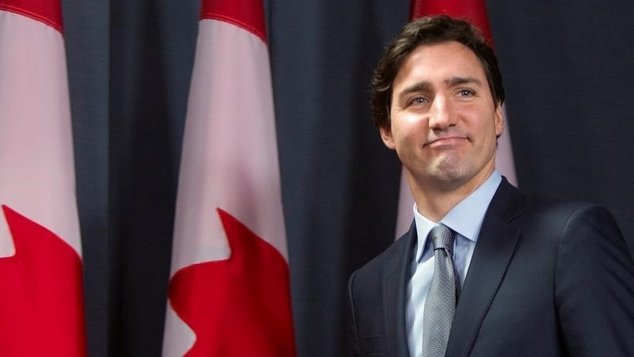
The Canadian government is under fire for failing to process the visa of many health experts who hoped to attend the AIDS 2022, the 24th International Conference on HIV.
It’s the first time in two years that the world’s leading health experts have been able to physically meet, and the gathering comes as UNAIDS and the International Society AIDS Society highlight that the world is failing to meet key targets in the battle against new transmissions, and deaths related to HIV remain common in developing nations.
UNAIDS Executive Director Winnie Byanyima commented on the Canadian government’s actions during her opening address on Friday morning.
In a speech that highlighted her vision for a world that effectively tackling the barriers that prevent HIV medication from reaching the most needy, Byanyima delivered a shot clearly aimed at the government of Justin Trudeau.
The head of the global AIDS organisation asked attendees to imagine “a world in which people from ‘the global south’ are not denied entry into wealthy countries to bring their expertise on a global pandemic.” The statement drew a massive round of applause from attendees.

Shortly before Byanyima took to the stage peaceful protesters disrupted the opening ceremony calling for more action on tackling HIV in the world’s most disadvantaged communities.
They also had a blunt message for the Canadian government and conference organisers.
“No more AIDS conferences in racist counties, no more!” shouted protestors. “No more conferences in countries that criminalise sex work, no more conferences in countries that criminalise HIV.”
Harjit Sajjan, Canada’s Minister for Development, was listed as a speaker for the Conference’s opening but organisers announced he was a no-show for the event, pulling out of the speaking engagement at short notice.
Terri Ford, Chief of Global Advocacy and Policy at the AIDS Healthcare Foundation shared her frustration that many delegates were unable to make it to the event.
“After COVID-19 stole the spotlight from many other pressing global public health issues – it’s vital that we keep the attention on HIV/AIDS and other aspects of health equity that affect millions of people around the world,” Ford said. “For example, this conference, which was supposed to bring together the most experienced and passionate HIV/AIDS activists representing countries with the worst disease burden, could not even get into the country.
“Those advocates fight for our most vulnerable populations and people with no voice. The stark contrast of how people in the Global North are treated compared to the Global South is unacceptable and a significant detriment to the world’s ability to end the ‘other pandemic’ in HIV/AIDS.”
In the lead up tov the conference many delegates revealed that they had been denied visas to attend the event with Canadian authorities saying they did not believe the delgetes would leave the country at the end of the event.
Other voiced their frustration that rejections came after they paid expensive fees for the via applications, and often had invest in travel to neighboring countries to be able to supply the biometric data that officials required to consider their applications.
Even those who managed to receive their visas in time complained that Canada needlessly held on to their passports for months, preventing them from travelling elsewhere while their applications were considered.
As far back as June the problem was being highlighted to the Trudeau government, who have invested millions of dollars in the event, only to block people from attending.
Ken Monteith, Executive Director of local HIV/AIDS organisation COCQ-SIDA published a scathing letter to Canada’s Minister of Immigration, Refugees and Citizenship.
Monteith told Minister Sean Fraser that the actions of his department would make Canada an “active contributor in further worsening existing inequities in global health and international travel.”
The letter was co-signed by 249 organisations and over 250 individual people who work in the fields of HIV research, prevention and health care.
Graeme Watson
You can support our work by subscribing to our Patreon
or contributing to our GoFundMe campaign.






